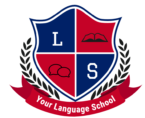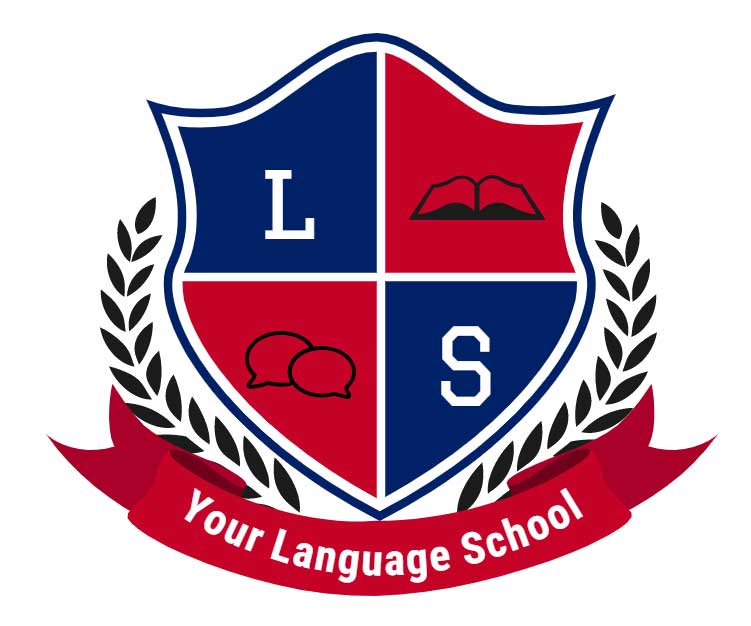It cannot be denied that having a rich vocabulary is advantageous when taking the IELTS, and this goes for all four portions of the exam. For the Speaking and Writing sections, a wide range of vocabulary allows you to effectively communicate your thoughts and ideas using the most appropriate words, thus being able to avoid sounding ambiguous and repetitive. Meanwhile, getting a strong grasp of the main idea, purpose, and theme of the passage is principally the merit of having a rich vocabulary when taking the IELTS.
How, then, can you start expanding your vocabulary in preparation for the IELTS? Here are top 5 tips from language experts for effective vocabulary building, which you can practise right in the comfort of your own home!
Read newspapers, magazines, and journals regularly.
Expectedly, this is the top tip for vocabulary building, not just for the IELTS but for any and all purposes. Needless to say, with habitual reading comes the consistent exposure to new words, mastery in spelling, and familiarity with proper word usage. For the IELTS in particular, opting for newspapers, magazines, and journals as your primary reading material is great training for the exam, as the IELTS, more often than not, sources its passages from these sorts of publications.
Listen to audiobooks and watch videos tackling relevant topics.
When your eyes get tired from too much reading, videos and audiobooks are your next best option to pick up more words. These materials are especially beneficial to auditory learners, who absorb knowledge best through hearing. Just a quick search on the Internet would reveal a ton of these helpful content, and what’s great about them is that you have a wide range of topics to choose from! For the IELTS, it would be good to explore materials on family, technology, employment, and education, as these themes appear recurrently in the exam, particularly in the Speaking section.
Treat the dictionary as your best friend.
It goes without saying that the dictionary is an especially helpful tool for vocabulary building. Treating the dictionary as your best friend does not mean that you will read every page of it, of course not. Rather, this suggests that you religiously consult it every time you encounter an unfamiliar word whenever you are doing the practices above. That way, you learn what these words mean, be familiarised with their other forms (i.e. pluralisation for nouns and tenses for verbs), and know how they are correctly used in sentences.
Jot everything down on a “vocabulary notebook”.
This is also a helpful tip, which particularly addresses retention of information in the brain. When you have a vocabulary notebook in which you will write down words, their meanings, and samples of their usage in sentences, you will be able to easily recall them simply because you took them down. Reviewing is much easier this way, too!
Practise articulating them, too!
Especially helpful for the Speaking part of the exam, practising speaking these words aid in vocabulary development. Make sure not just to focus on correct pronunciation, but also with how these words are appropriately used in conversations. Remember, application plays a significant role in learning, and this goes for expanding your vocabulary, too.
If you want to take things up a notch and complement these at-home exercises with study sessions facilitated by English and IELTS experts, you are most certainly welcome to enrol in any of our IELTS review classes!
Our IELTS classes have helped and continue to help many IELTS takers meet their target band scores. With our comprehensive lessons, expert tips, and qualified teachers, you can surely get that IELTS score target, too!
Send us a message to enquire or apply directly on our website.





